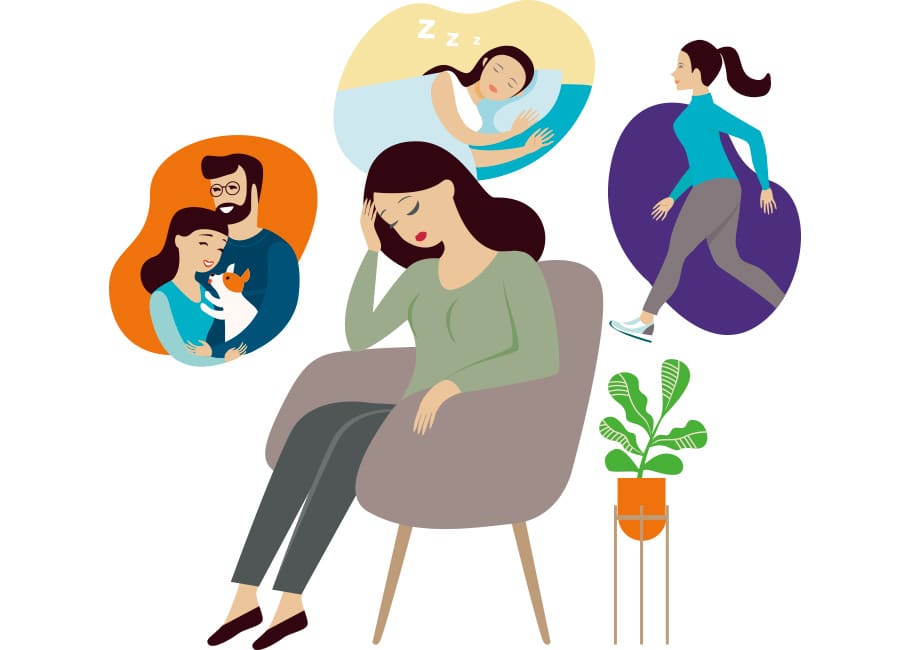
Stress relief
Simple steps to help cope when you’re feeling overwhelmed
How we manage stress has a crucial role in our physical and psychological well-being. Simple choices may yield powerful benefits.
Be active
Find an activity you enjoy and move regularly. Regular physical activity is associated with lower levels of anxiety and depression. One of the best ways most of us can promote psychological well-being is to get moving.
Exercise reduces your body’s stress hormones, including cortisol, and can also trigger the release of endorphins, chemicals that may improve your mood and act as natural painkillers.
Be quiet
Take breaks from computer, phone and TV screens. Getting away from the news and social media may help reduce stress levels.
Another approach to getting stress relief is mindfulness. Try box or square breathing (see “Square breathing,” below).
Get sleep
Insomnia is a common disorder related to stress. The National Sleep Foundation says that 10% to 30% of us have challenges with sleep.
Proper sleep hygiene includes maintaining a regular sleep schedule, keeping the bedroom lights dim and reducing exposure to outside sound. Good sleep practices also include a comfortable temperature, with 65 F considered ideal. Avoid electronics in the hour before sleeping, as some emit a blue light that can interfere with sleep. Watch your caffeine and alcohol intake. Avoiding large meals before bed can be helpful.
Connect
Having strong social ties with family or friends may help you navigate through stressful times and lower any anxiety or stress you are experiencing.




